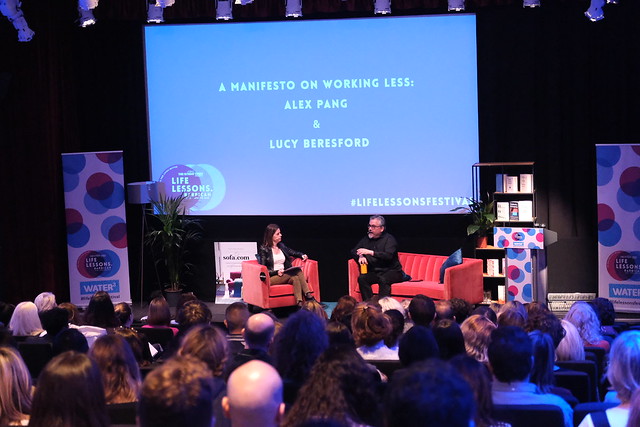I recently gave a virtual book talk at Fountain Bookstore, an independent bookstore located in Richmond, Virginia. Of course because of the lockdown I couldn’t travel there, so I connected to the bookstore through Crowdcast and it was streamed to Facebook Live and other platforms.
This was my first virtual bookstore appearance, and it was very interesting. I got to do one reading and signing for SHORTER in the US before the lockdown, and months later and with the pandemic still playing havoc with businesses, the odds of doing another in-person event are pretty slender. But the virtual event is really interesting for couple reasons.

Reading at Kepler’s Bookstore, 2013
First, there were more people tuned in (and many more viewers of the video) than have appeared at any of my bookstore talks. Bookstore talks are incredibly hit and miss: I’ve had some satisfyingly large crowds, but also events where there were three people in the audience and I was related to two of them. In contrast, the Fountain Bookstore event had a bunch of people from Richmond (including a couple people I went to high school with!), but also people from other countries. The event had a kind of reach that is unimaginable with other bookstore talks.

Talking at Life Lessons, the Barbican Centre, London
Second, it offers a way to connect with bookstores that is, so to speak, novel. Bookstore appearances and book tours used to be more a part of book promotion and the life of an author, but there’s less and less of that happening now: unless you’re a bestselling author or someone who’s written an extremely timely book (like Mary Trump, say) the costs of going on a book tour are prohibitive for both publishers and bookstores. Some bookstores have gotten into doing paid events, but I doubt that there are many bookstores in many markets that can do that. Virtual events are a way to bring authors back into the ecosystem, and to reconnect with readers.
Finally, there’s no reason that these can’t continue when public life goes back to normal. I wouldn’t mind doing a virtual reading that’s online, but also projected into a bookstore. Depending on what you wanted to do, the technology for even a “holographic” projection could be within the reach of a flagship store like Waterstones in Piccadilly Circus or Foyles, and of course a simpler video or audio-only connection is pretty trivial these days.
So this another reason for authors to pay some more attention to their home studios.
